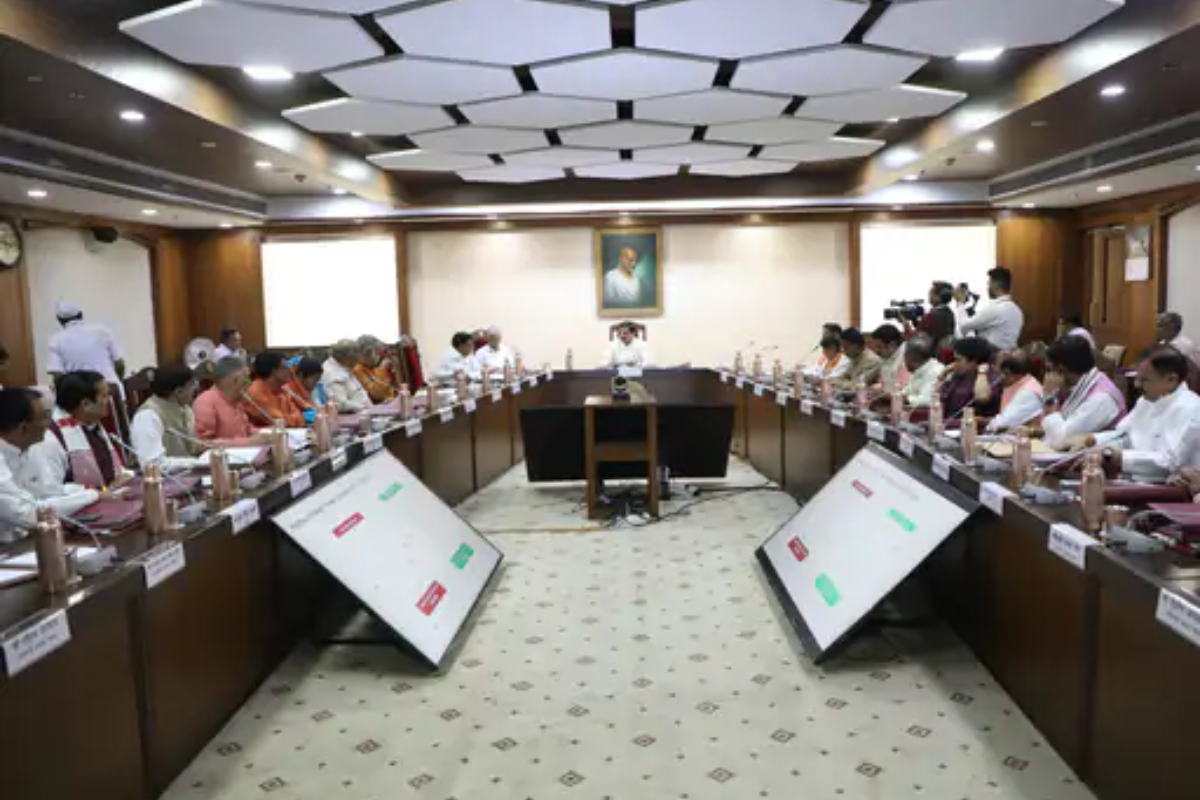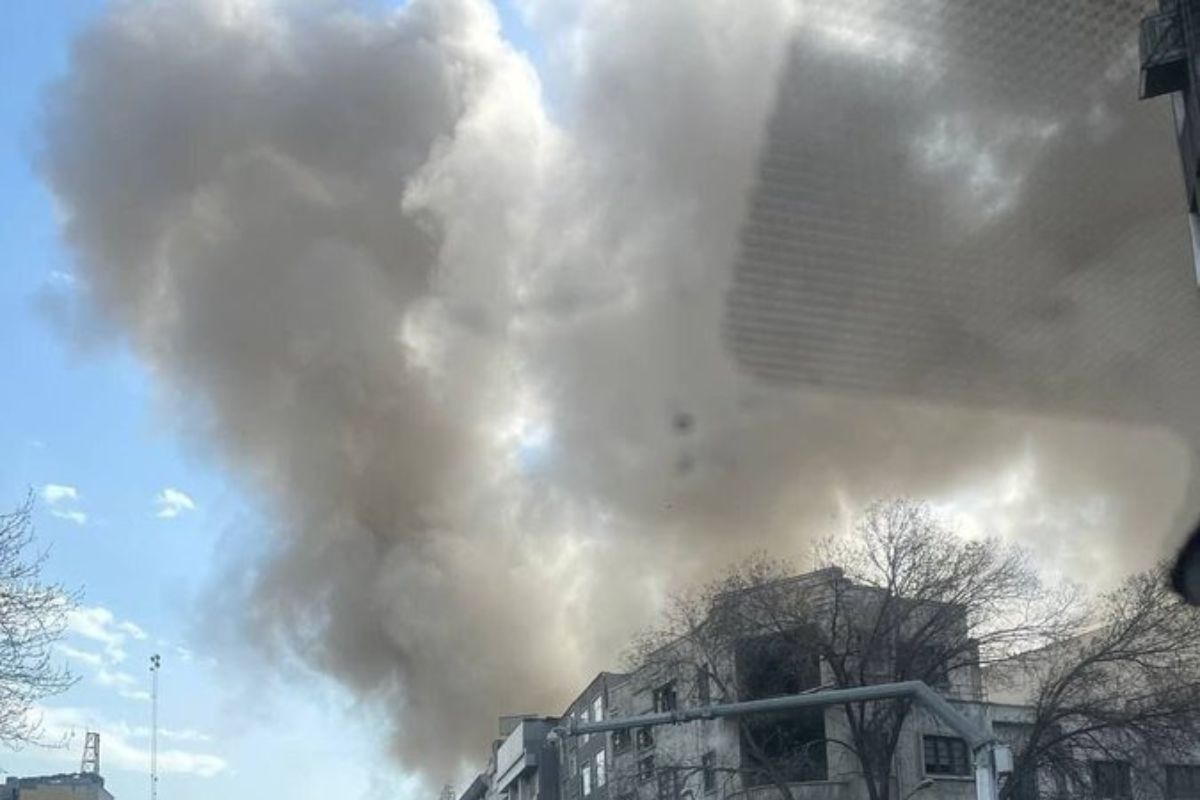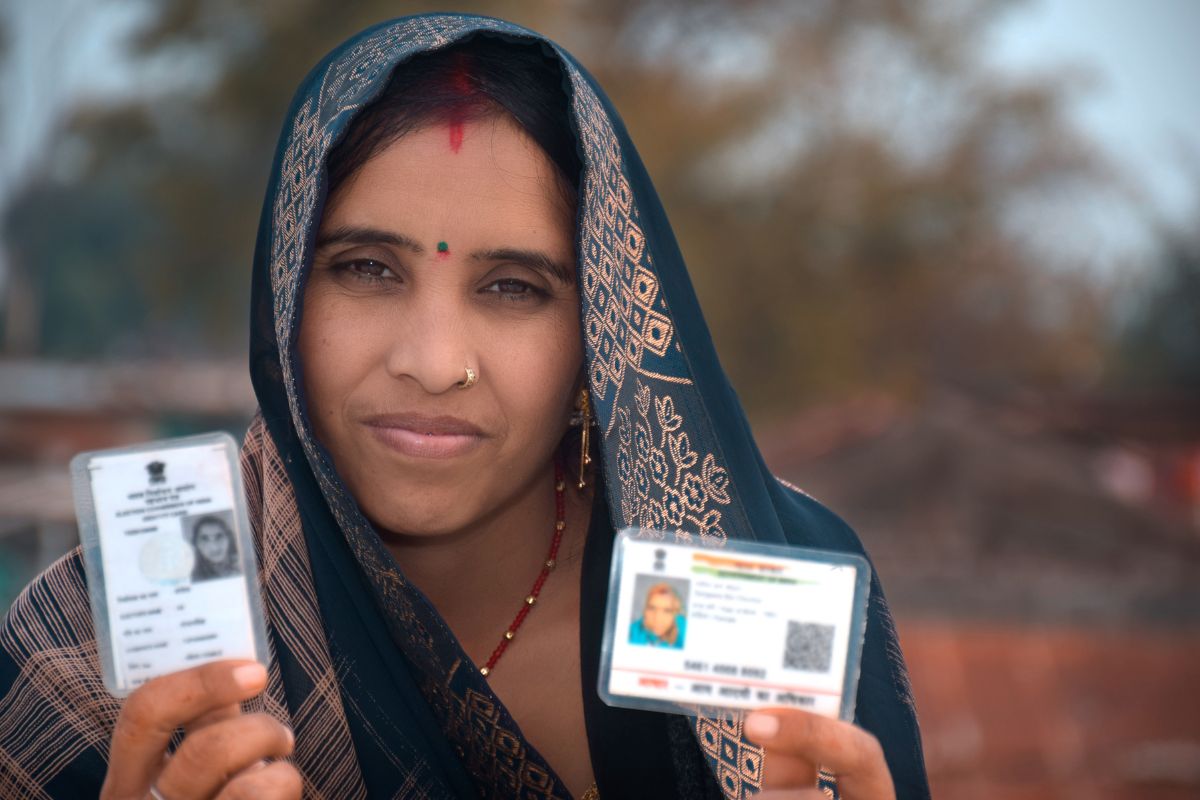The Madhya Pradesh government has lifted the four-year ban on transfers and approved the new Transfer Policy-2025. Chief Minister Dr. Mohan Yadav’s cabinet cleared the proposal on Tuesday. Transfers can now take place between May 1 and May 30.
This year, around 60,000 government employees are expected to be transferred. The window for transfers is fixed—only 30 days. All transfers must be recorded in the e-office system by May 30. No transfers will be allowed after this deadline.
Who can be transferred
The policy covers all government employees, including fourth class staff. Ministers and ministers in charge now have the authority to approve transfers. The policy also allows for voluntary transfers. Employees can apply for postings near their home tehsil or constituency by submitting applications at the district level.
Transfers will only be made within Madhya Pradesh. If an employee fails to join the new posting within 15 days, they may face suspension.
The policy covers all categories of government employees, except IAS, IPS, IFS, and State Administrative/Police Service officers. Their transfers will continue to be handled directly by the Chief Minister or top-level administrative decisions.
Transfers have been capped post-wise:
-
20% for cadres with up to 200 posts
-
15% for cadres with 201–1000 posts
-
10% for cadres with 1001–2000 posts
-
5% for cadres with more than 2001 posts
Voluntary transfers will be counted within these percentage limits. Urban Development Minister Kailash Vijayvargiya said this was done to prevent exceeding the total number of allowed transfers.
How to apply for a transfer
Individual departments are allowed to make specific policies for how transfers are carried out. Applications may be accepted online or offline, depending on the department’s system.
First, second, and third class employees must apply as per department instructions. Some departments will accept online applications. Others will use offline forms submitted to department heads or ministers.
Unlike earlier, the transfer of Class IV employees won’t need approval from the Chief Minister’s coordination team during restricted periods. Departmental ministers now have full authority to handle their transfers.
Who has authority to transfer
-
Ministers can transfer employees between districts within their departments and approve collector-prepared district transfer lists.
-
MLAs can recommend preferred postings for employees in their constituencies.
What happens if employees don’t join after transfer?
If an employee doesn’t join the new posting within 15 days of the order, the government may suspend them.
Were transfers happening earlier?
Yes. Even without the formal policy, transfers were happening based on administrative needs. The new policy standardises the process and allows more employees to apply voluntarily.
Transfers of senior officers will continue as usual?
Transfers of IAS and IPS officers happen throughout the year to maintain law, order, and administration. These are handled at the state and ministry levels.
Where can transfers happen?
Transfers can be made between districts. Employees can also apply to move closer to their home tehsil or constituency.
Support us to keep independent environmental journalism alive in India.
Keep Reading
The costliest water from Narmada is putting a financial burden on Indore
Indore’s Ramsar site Sirpur has an STP constructed almost on the lake
Indore Reviving Historic Lakes to Combat Water Crisis, Hurdles Remain
Indore’s residential society saves Rs 5 lakh a month, through rainwater harvesting
Follow Ground Report on X, Instagram and Facebook for environmental and underreported stories from the margins. Give us feedback on our email id greport2018@gmail.com.
Don’t forget to Subscribe to our weekly newsletter, Join our community on WhatsApp, and Follow our YouTube Channel for video stories.









